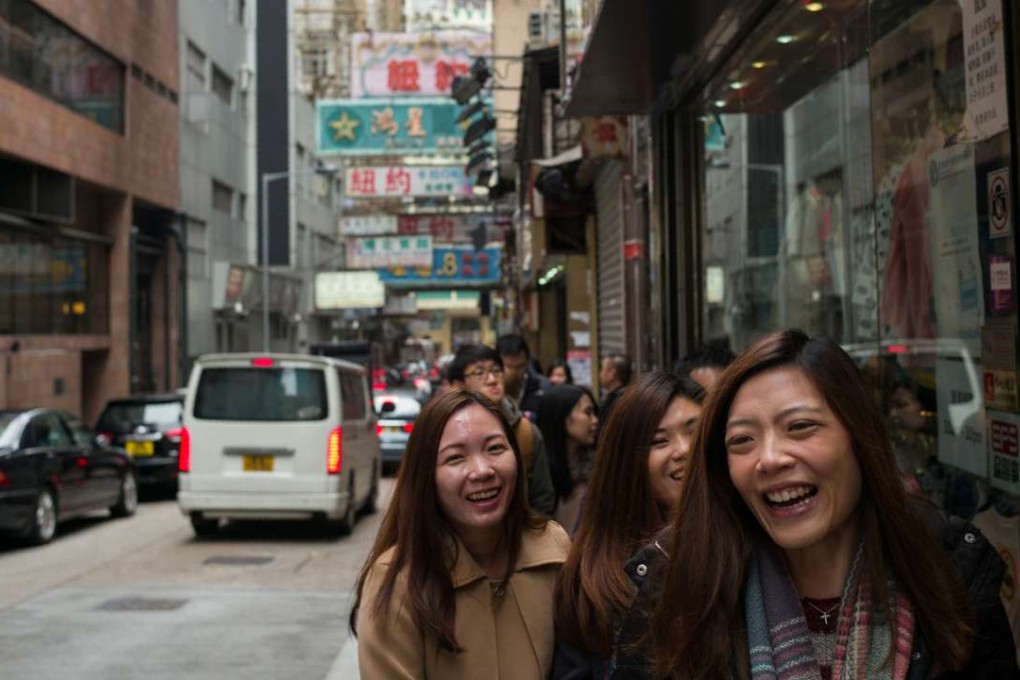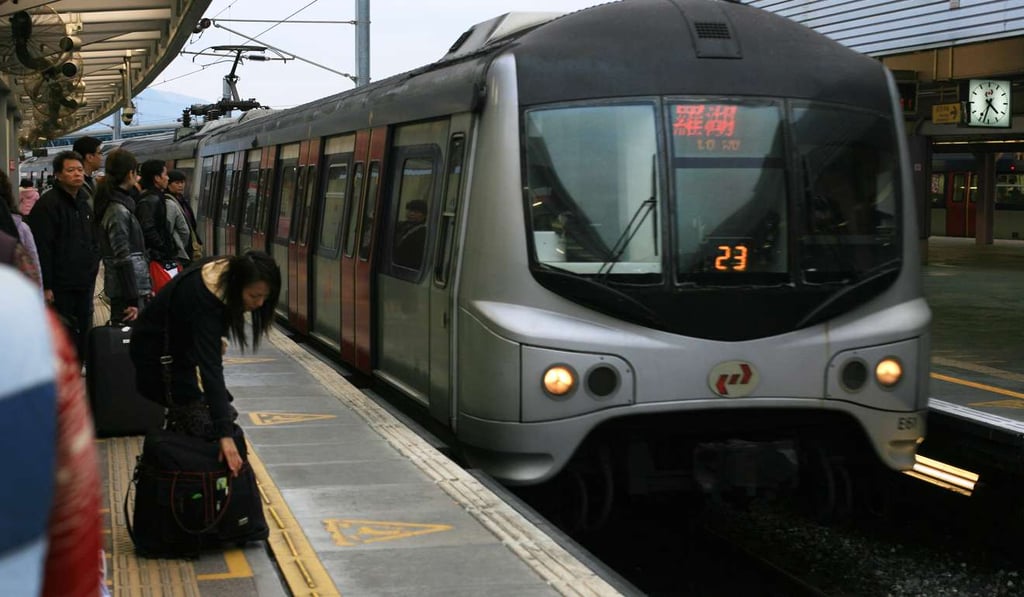For Hong Kong – part Chinese, part Western – destiny awaits
Francesco Sisci says while the city’s role as a conduit for foreign investment into the mainland has faded, a potential role has emerged that could dispel its sense of feeling lost – as a facilitator of cultural understanding between China and the rest of the world

About 10 years ago, the difference in lifestyle and system between Hong Kong and the rest of China was evident just in the train that moves commuters daily from Shenzhen to the city and vice versa. At the ends of the short ride lay two worlds.
In Hong Kong, all was bright and shining, police officers stern but friendly, passengers queued up, and cars lined up along yellow lines on the road. In Shenzhen, all was drab and grey, despite the superior facilities. Police officers were rigid like poles, or fat from lack of exercise. Nobody formed queues and cars were packed in muddled jams held back only by iron barriers splitting the road.
Yet the same people went back and forth on the two sides of this one China. Here was all the disparity between these two worlds: Beijing was trying to lead all of China to become like Hong Kong, while the sheer gravity of 1.4 billion people dragged Hong Kong to Shenzhen.
Hong Kong residents, mainland people have similarities – and also big differences

Ten years after the 1997 British handover, Hong Kong’s legacy of being a bridge for foreign investment into China was still lingering. Today, that investment flows directly to Beijing or Shanghai, skipping Hong Kong, and financing is flowing out of China far more than into it. The situation on both ends of the commuter line has changed.
Mainlanders feel Hong Kong receives so many benefits from Beijing, and it repays the favour with resentment
A growing sense of betrayal is festering on both sides. Mainlanders feel Hong Kong received and receives so many benefits from Beijing, and it repays the favour with resentment. Hongkongers believe the favour is no favour, but dues to the city that incidentally largely end up in the pockets of a few monopolistic tycoons, and that mainlanders treat Hong Kong with a lack of respect. There is a lot of room for improvement in communication to reconcile these two perceptions. Yet, perhaps, more importantly, there is the lack of a sense of the destiny of Hong Kong.
If the city is no longer the conduit of foreign investment into China, and it is suspected of simply being the harbour for laundering ill-gotten gains from the mainland, then its destiny is sealed – especially since the Xi Jinping (習近平) administration has shown no patience for the old corrupt practices. It is also clear that even Hong Kong’s renowned financial services remain out of Beijing’s political grace and could be easily shipped to Shanghai or Singapore if the political winds were to change.